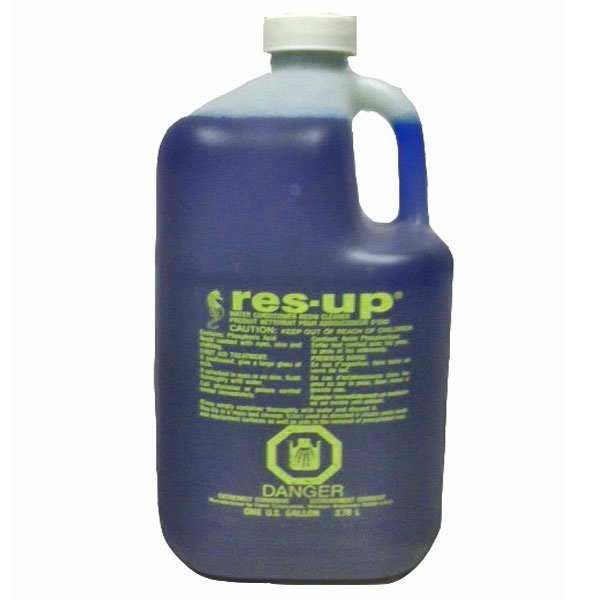So what type of resin should you choose.
Water softener lifespan resin.
These beads are made by combining strands of polystyrene which are wrapped around in a crisscross fashion along with divinylbenzene dvb which acts like a glue that holds the resin together.
Water softener resin is extremely porous which is beneficial because it allows for more surface area to capture calcium and other metals in source water.
Surprisingly 99 of ion exchange actually happens in the interior of the bead.
If your water softener was installed more than a decade ago replacing it may be the right option.
Schedule a professional to service your softener.
Resin beads ranging in size from 16 to 50 mesh are abused daily during the backwash process and by contaminants in the source water.
While they can last much longer if well maintained water softeners have a typical lifespan of between 10 and 15 years.
How do you know when to replace water softener.
However the water softener lifespan will vary depending on a few different factors such as its quality maintenance and how much use it gets on a day to day basis.
The average life of a water softener is typically anywhere from 10 to 15 years.
Some people can replace the resin tank on their own and others prefer to hire a water softening professional.
Fine mesh resin most water softeners use the standard resins like the c 100 e na.
Resin manufacturers often use ten years as a general rule for expected lifetime but this can change significantly depending on the conditions to which the resin is subjected.
Some resin beds can last for the entire lifespan of the water softener while others need to be replaced every 10 years or less.
Throughout the life of a water softener resin is under constant attack from hydraulic shock oxidation osmotic shock general attrition fouling and more.
The ion exchange resin is the media that actually softens your water and so the quality of the resin inside your softener will in large part determine the life expectancy of the softener.
In short we recommend using the high capacity 8 cross link resin.
Which is for is a cation resin with 8 cross link.
8 standard cation pronounced cat eye un 2.
There are two basic types of resin we recommend for water softeners.
Contact a professional if your water softener is still under a warranty or service agreement.
It all depends on your home s water quality and the amount of wear and tear that the bed goes through as your softener is running.
The lifespan of the resin depends on the quality of water it is treating.
Water softeners use ion exchange resin beads that are little spheres that range from 0 3 1 2mm in size.

